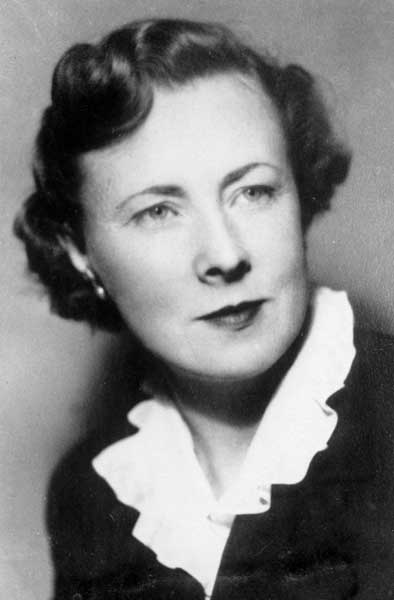Passport to Peking, By Patrick Wright

Your support helps us to tell the story
From reproductive rights to climate change to Big Tech, The Independent is on the ground when the story is developing. Whether it's investigating the financials of Elon Musk's pro-Trump PAC or producing our latest documentary, 'The A Word', which shines a light on the American women fighting for reproductive rights, we know how important it is to parse out the facts from the messaging.
At such a critical moment in US history, we need reporters on the ground. Your donation allows us to keep sending journalists to speak to both sides of the story.
The Independent is trusted by Americans across the entire political spectrum. And unlike many other quality news outlets, we choose not to lock Americans out of our reporting and analysis with paywalls. We believe quality journalism should be available to everyone, paid for by those who can afford it.
Your support makes all the difference.Is there a house of history to stand as neighbour beside Henry James's house of fiction? If there is, Patrick Wright will have a window all to himself, glittering with different, intense and jewelled fragments: a John Piper or Robert Colquhoun of a window.
In his astonishing last half-dozen books, he has established himself not only as the champion ironist and caustic critic of that weird historical compound, "Englishness", but also a social historian of an inimitable kind. In The Village that Died for England, Wright told how Tyneham in Dorset became a tank-battle school and thereafter the disputed site of left and right as to the meanings of its emblematic archaeology. In his wonderful Tank, and in Iron Curtain, which traced the making of the central political metaphor of the past century, he similarly contrived a quite new way of narrating history from the fragments, scraps and relics knocking around the record offices. These he arranged with glowing novelty, and handed to us as our new past.
Passport to Peking is a kind of sequel to Iron Curtain. That book followed sympathisers and fellow-travellers to revolutionary Russia in the 1920s, counterposing their gullibility to the cast-iron hostility of the Churchillians. The new book follows delightedly a trio of leftish delegations sent in the early 1950s to cross the USSR in tubby old transporter aircraft until finally they reached revolutionary China, there to be greeted by the charm and cultivation of a smiling Chou En-Lai.
Clem Attlee, Barbara Castle and Nye Bevan were the leading figures (by then in opposition) of one such party in 1954. They come out pretty well, courteous, appreciative, sceptical, observant, but miles away from the foam-flecked hostility of their allies and masters, led by John Foster Dulles in Washington.
But Wright's imagination is really caught by a British cultural delegation with the architect of the Festival of Britain, Hugh Casson, sort-of in charge. Its violently contrasting members now sound as though chosen for a crazily capricious version of Celebrity Big Brother, set down in the vast, exotic studio of Tiananmen Square. Wright's kindly but beady eye is caught as much by what his visitors betray about England as by what they betokened about possibile friendship with the new regime.
Acutely differing manners and minds witness how English gentlemen of the aesthetic left made themselves at home just after a bloodstained revolution. There is the cynical, vain and jaunty philosopher AJ Ayer, the shambling painter-genius and egomaniac, Stanley Spencer, always clad in his pyjamas under everyday clothes, the intelligent drunk and novelist, Rex Warner, and the exquisitely gifted artist Paul Hogarth, whose living line-drawings are sprinkled through these pages.
This is a very thick-textured book. Wright fills in its blanks as to the Long March and the Eighth Route Army, as well as, say, to chinoiserie in 18th-century fashion. There are longueurs, but they are worth it to any autodidact, needing, as we all must, to bone up on China. The book is as populous as a Dickens novel.
Wright's heart is in English painting, and the pages following his artists – Paul Hogarth, Spencer, Denis Mathews – add up to a substantial essay on the impact of an exotic country upon a provincial way of seeing. His grandest subject, however, is as well-hidden as all good art must be. It extends the massive melody of Iron Curtain. It shows, but does not tell, that the dire suspicions, the spendthrift generosity and the crass vindictiveness of the US have proved the immovable obstacles which have prevented nation speaking peace unto nation for nigh on a century.
Fred Inglis's latest book is 'A Short History of Celebrity' (Princeton)
Join our commenting forum
Join thought-provoking conversations, follow other Independent readers and see their replies
Comments